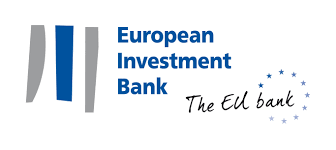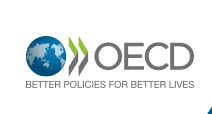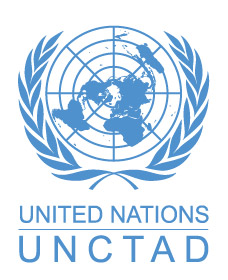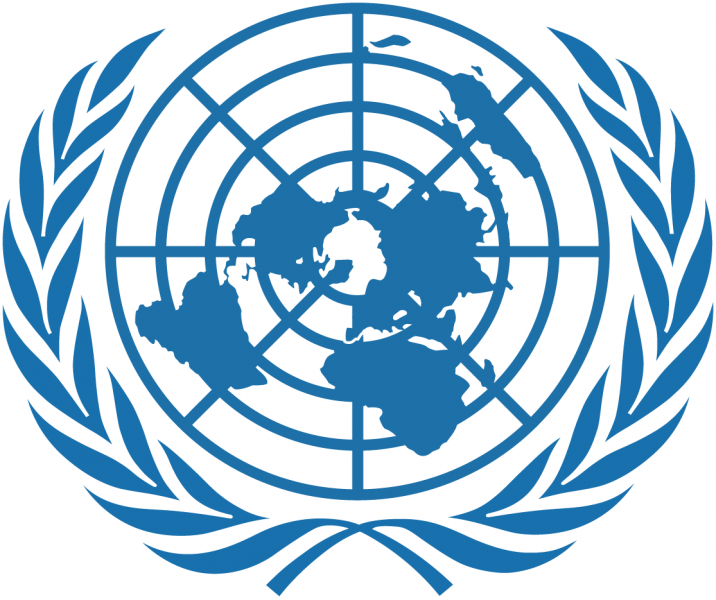European Investment Bank - Selection of interesting publications

Below we want to present you a diverse collection of interesting publications from the European Investment Bank.
EIB´s business strategy, financing, energy and trends are topics covered...
The European Investment Bank in Africa, the Caribbean and Pacific: Business Strategy 2015-2017
Bridging the finance gap for SMEs in Africa, the Caribbean and the Pacific
Tackling the energy challenge in Africa
Impact financing in Africa, the Caribbean and the Pacific regions
European Investment Bank Annual Report 2014

Report on EIB activities in Africa, the Caribbean and Pacific, and the overseas territories, 2014.
The EIB operations in Africa, the Caribbean and the Pacific (the ACPs), and those in overseas countries and territories (the OCTs) are carried out under the ACP-EC Partnership Agreement (the “Cotonou Agreement”, 2000-2020), and the Overseas Association Decision, the legal framework for EU relations with these regions. Financing under these agreements is provided from the European Development Fund (EDF) – EU Member States’ budgets – and EIB own resources, which the Bank borrows on the international capital markets. For more information please see the links.
Africa Forum Report - London 2017 - by Hogan Lovells Africa Practice

|
Africa Forum 2017 Africa Stand Up. Vision 2025. |
|
On 21 June, we held our 4th Africa Forum London event at the Merchant Taylors Hall in the heart of the City. |
Monterrey Consensus 2002

The United Nations International Conference on Financing for Development.
The international Conference on Financing for Development (Monterrey, Mexico, 18-22 March 2002) signaled a turning point in the approach to development cooperation by the international community.
More than 50 Head of State and Government and over 200 Ministers of foreign affairs, trade, development and finance gathered in Monterrey. They were joined by the Heads of the United Nations, the International Monetary Fund, the World Bank and the World Trade Organization, business and civil socity leaders.
The Monterrey Consensus has become a reference point for international development cooperation. It embraces six areas of Financing for Development :
- Mobilizing domestic financial resources for development.
- Mobilizing international resources for development: foreign direct investment and other private flows
- International Trade as an engine for development.
- Increasing international financial and technical cooperation for development.
- External Debt.
- Addressing systemic issues: enhancing the coherence and consistency of the international monetary, financial and trading systems in support of development.
The Follow-up International Conference on Financing for Development to Review the Implementation of the Monterrey Consensus (Doha, Qatar, 28 November - 2 December 2008) allowed the adoption of The Doha Declaration on Financing for Development.
OECD - New paper: Making Trade Work for All

Trade is in trouble. Since the crisis, trade growth has slowed while public scepticism about trade in some countries has grown. Read Making Trade Work for All to learn more about what can be done to ensure trade works for more people.
This new OECD paper makes a renewed case for trade but argues that we need to start by acknowledging there are some good reasons for some people to be angry. But trade is not the root cause of the problems and nor can we look to trade to solve them on its own. The paper argues that action needs to be taken on three fronts:
1. Creating domestic environments were trade benefits can materialise
2. Doing more to bring everyone along, particularly in regions facing trade shocks
3. Making the international system work better
» Read the full report
» Read a one page overview of the report
» Access the OECD's trade research
Trade and Development Report, 2016

The Trade and Development Report (TDR) 2016: Structural transformation for inclusive and sustained growth reviews recent trends in the global economy and focuses on the policies needed to foster structural transformation.
It observes that global economic growth remains weak, growing at a rate below 2.5 per cent, and global trade slowed down dramatically to around 1.5 per cent in 2015 and 2016, compared to 7 per cent before the crisis.
The loss of dynamism in the advanced economies, combined with low commodity prices and global financial instability, is having knock-on effects on most developing countries. Developing economies will grow on average less than 4 percent this year, but with considerable variation across countries and regions: while Latin America is in recession and growth in Africa and West Asia is slowing down to around 2 per cent, East, South-East and South Asia is still growing at a rate close to 5 per cent.
ECDPM - The future of ACP-EU relations: A political economy analysis

Rethinking the ACP-EU partnership and going beyond ‘business as usual’.
The Cotonou Partnership Agreement (CPA) links the EU to 79 countries in Africa, the Caribbean and Pacific (ACP) and mobilises a large development budget of 30,5 billion euros for the period 2014-2020. It expires in 2020 and all parties are preparing their future positions.
The discussion on the future of ACP-EU cooperation picked up pace in 2015, with both the EU and the ACP engaging in a soul-searching exercise and preparing their future positions.
ECDPM initiated this study to promote an open and well-informed discussion on this important partnership. A political economy analysis can help to address this gap, as it does not look at what is desirable, but on understanding how things work out in practice and why.
In the review process the parties to the Cotonou Partnership Agreement – led by governments but including parliamentarians, civil society, private sector operators and local authorities – will need to address existential questions that have arisen from the past fifteen years of CPA implementation and from important changes in the international context.
16 January 2017
Africa – G20 and Proposals for Marshall Plans
New Instruments for New External Economic Settings?
Africa ranks high on Europe’s – and especially Germany’s – political agenda for 2017. The broader framework of relations is in flux, with the United States’ economic policies turning inward, China’s economic growth tailing off, and a number of economic part¬nership agreements between the EU and African regions coming into force. Africa is a priority of the German G20 Presidency, but there are also discussions about ideas for a Marshall Plan proposed by the German Minister for Economic Cooperation and the President of the European Parliament respectively. These initiatives open up opportunities for Germany and Europe to evolve the foundations of cooperation with Africa.
Towards a new partnership between the EU and the ACP countries after 2020 - Associations contributions
EBCAM'S CONTRIBUTION TO THE EUROPEAN COMMISSION'S PUBLIC CONSULTATION “TOWARDS A NEW PARTNERSHIP BETWEEN THE EU AND THE ACP COUNTRIES AFTER 2020” More info...
UN High Level Panel on the Post-2015 Development Agenda

The UN High Level Panel on the Post-2015 Development Agenda adopted its long awaited report “A New Global Partnership. Eradicate Poverty and Transform Economies through Sustainable Development.It sets out a universal agenda to eradicate extreme poverty by 2030 and deliver on the promise of sustainable development. The Panel also calls for the new post-2015 goals to transform economies for jobs and inclusive growth, to build peace and effective, open and accountable institutions for all, and to forge a new global partnership.




